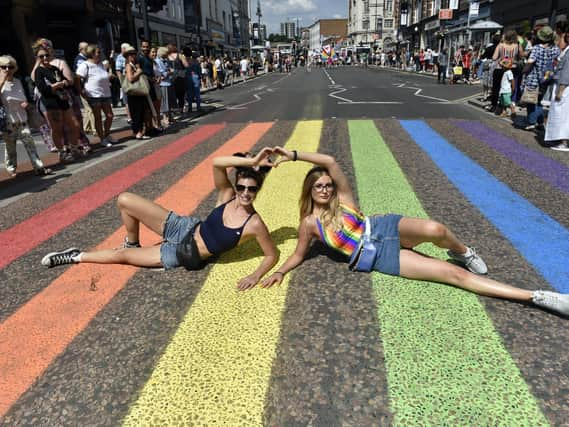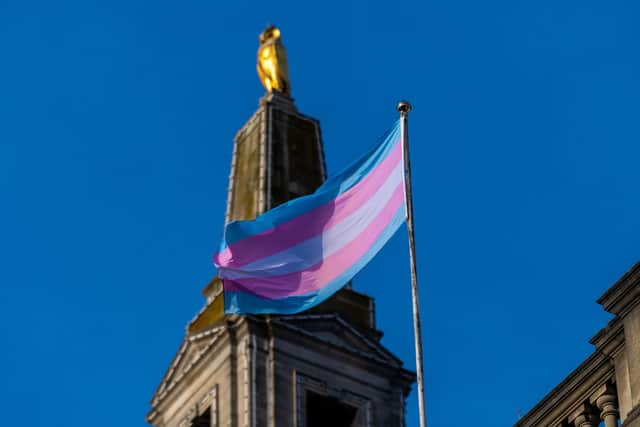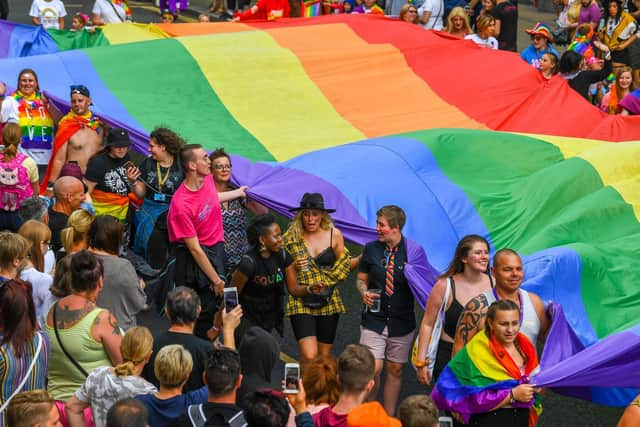LGBTQ+ communities to be recognised for the first time ever in Census 2021, Office of National Statistics announces


Census 2021 will recognise how many people identify as lesbian, gay, bisexual and transgender when it is carried out next month, according to the Office of National Statistics (ONS).
The ONS census which collects data on the UK population is carried out every ten years and was last undertaken in 2011, when it recorded 63.2m living in the UK. It has been carried out every decade since 1801, except for 1941.
Advertisement
Hide AdAdvertisement
Hide AdAlthough previously collecting data on gender and race, it has not previously collected information on the proportion of people in the UK who make up LGBTQ+ communities.


Data on how many people identify as LGBTQ+ would help to shed light on the different needs of different communities and help in authorities' allocation of funding for various services, the NHS and charities.
The ONS said the additional records would come in the form of two extra questions on this year's census asking for a person's gender identity and sexual orientation.
Anyone aged 16 or over will be eligible to take part in the voluntary questions, meaning no one will be forced to answer if they do not wish to. People can also request separate questionnaires if they do not want to share their answers with members of their household.
Advertisement
Hide AdAdvertisement
Hide AdNo data will be shared and records will be anonymised before statistics are calculated to help national and local Governments.


Iain Bell, deputy national statistician at the ONS, said: “While there are estimates of sexual orientation at a national and regional level, it is not possible to produce robust estimates for all local authorities – that’s what census data will give.
“And there is no robust data available on gender identity at all. These data are needed by local authorities and service providers to inform the provision of services. The sexual orientation and gender identity questions will be voluntary for people aged 16 and over.
“Without robust data on the size of the LGBT population at a national and local level, decision-makers are operating in a vacuum, unaware of the extent and nature of disadvantage which LGBT people may be experiencing in terms of health, educational outcomes, employment and housing.”
Advertisement
Hide AdAdvertisement
Hide AdCensus 2021 will be issued on March 21, although results will not be published until next year.
Support The Yorkshire Post and become a subscriber today. Your subscription will help us to continue to bring quality news to the people of Yorkshire. In return, you'll see fewer ads on site, get free access to our app and receive exclusive members-only offers. Click here to subscribe.